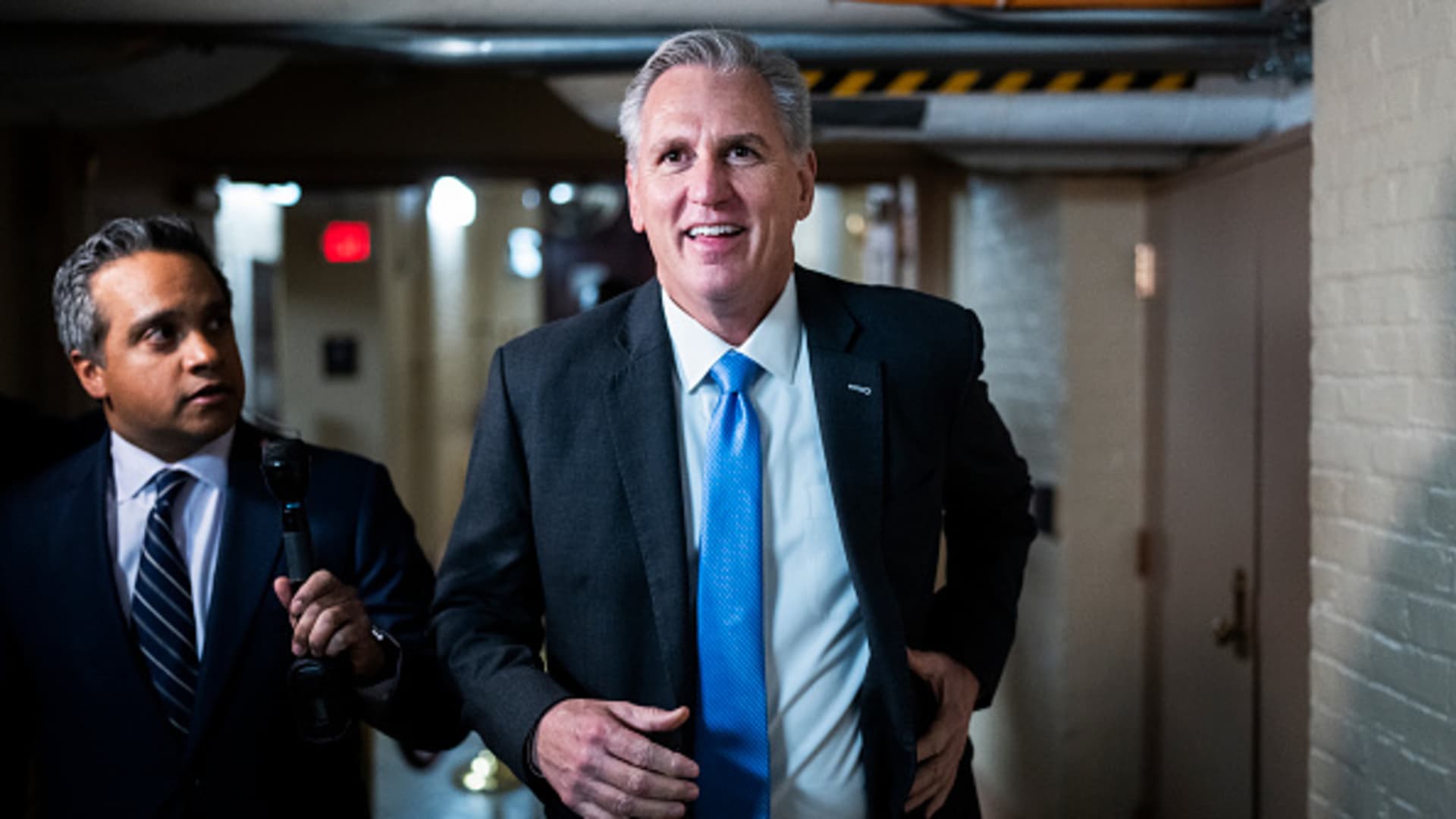U.S., Turkey compromise on border
A SENIOR U.S. official said Ankara’s allowing the United States to use Turkish airspace and bases to fly into Iraq would not justify any of the billions of dollars in aid the United States had pledged in an earlier plan to station ground troops for a ’northern front’ against Iraq.
Financial markets, fearful for a frail economy in the absence of U.S. aid, fell steeply. Stocks dropped almost eight percent and the lira fell in early trading.
“The motion we will present…will be to allow the transit of U.S. military aircraft and Turkish soldiers to be deployed abroad,” government spokesman Cemil Cicek said. The motion would be presented on Wednesday and face a vote on Thursday.
“If further requests emerge in the future we will evaluate them but at this moment the request from the United States is for permission for overflights through Turkish airspace.”
With U.S. troops making final preparations to invade Iraq, a top-level meeting in Ankara had briefly revived flagging hopes in Washington of using Turkey as a launch pad to accelerate victory over Baghdad. A ’northern front’ via Turkey’s southern border might also have lessened U.S. casualties.
The United States could attack Iraq as early as Wednesday night, when President George W. Bush’s deadline for Saddam Hussein and his sons to leave the country or face war expires.
The deal with Ankara, the result of months of tough negotiating, means the United States may still be able to fly a more limited force across Turkey’s airspace into northern Iraq to protect oil fields and exert pressure on Saddam’s rearguard.
BUFFER ZONE
Cicek said Ankara had also agreed with Washington that Turkish troops be allowed into northern Iraq during any U.S. invasion to set up a buffer zone against any exodus of Iraqi refugees to Turkey.
Turkey fears Iraq’s Kurds have designs on the Iraqi oil fields of Mosul and Kirkuk and may seek independence for the north, threatening instability in Turkey’s own mainly-Kurdish southeast.
Iraqi Kurds say Turkish troops would not be welcome there and fear clashes if Turkey enters the region without the presence of U.S. troops.
But U.S. special envoy Zalmay Khalilzad said on Tuesday a meeting of Iraqi opposition groups in Ankara had agreed to put all forces under a U.S.-led command in the event of war, to head off tensions and prevent any clashes.
The decision mainly concerns tens of thousands of Iraqi Kurdish “peshmerga” fighters in northern Iraq.
“The Iraqi parties present…have committed themselves to fully cooperate with the coalition and to put whatever forces they have under the command and control of the coalition commanders,” he said.
Khalilzad said the groups were working on a consulting mechanism to avoid clashes that local Iraqi Kurdish leaders say could be possible if Turkey enters the region in force.
AID DEAL CRUMBLES
A senior State Department official, who asked not to be named, said overflights alone would not justify direct financial compensation.
Parliament rejected a motion to allow 62,000 U.S. troops into the country in a vote on March 1.
Last month, Turkey said the United States offered up to $30 billion in aid, including $6 billion in grants, during talks on using Turkish territory to launch a ground attack. But that offer had expired, Powell said on Tuesday.
Turkey might still benefit financially, said a U.S. official: “We do not want to see the Turkish economy collapse,” he said, without providing further details.
Turkey no longer qualifies for financial aid from Washington but funds may be channeled from the IMF and World Bank to help bolster its heavily indebted economy, recovering from the worst recession since 1945, a Turkish official said.

/cloudfront-us-east-2.images.arcpublishing.com/reuters/K3S6ORU4IJMP3F6YW4HLHW52JI.jpg)

